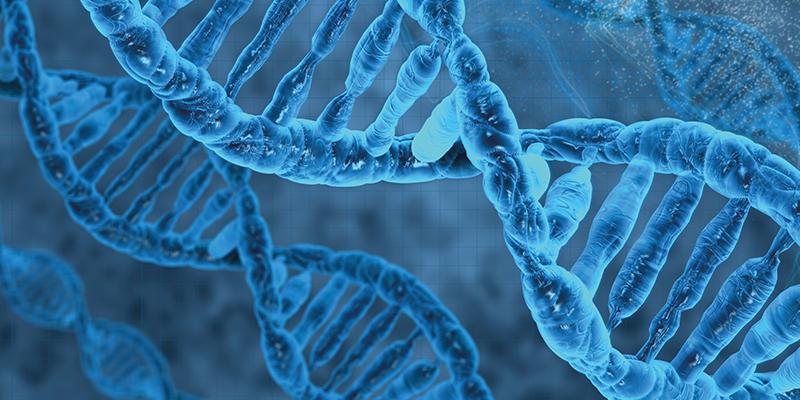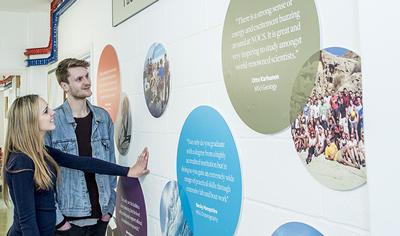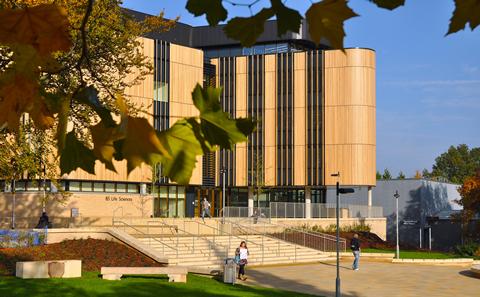| Qualification | Grade |
|---|
| GCSE |
Applicants must hold GCSE English Language (or GCSE English), Mathematics and Science (minimum grade C/4). |
| GCE A-Level |
AAB including Chemistry and one further science subject. |
| GCE A-Level with Contextual offer |
We are committed to ensuring that all students with the potential to succeed, regardless of their background, are encouraged to apply to study with us. The additional information gained through contextual data allows us to recognise a student’s potential to succeed in the context of their background and experience. Applicants who are highlighted in this way will receive additional scrutiny during confirmation of results. |
| A- level additional information |
Offers typically exclude General Studies and Critical Thinking. A level science subjects considered include Biology, Human Biology, Physics, Maths, Psychology, Environmental Studies, Geography and Geology. Where this offer is satisfied by including grades achieved in either Biology, Chemistry or Physics, a Pass in the practical science assessment is additionally required. |
| Welsh Baccalaureate offer |
AA from 2 A levels including Chemistry and one further science subject and B from the Advanced Welsh Baccalaureate Skills Challenge Certificate. A level science subjects considered include Biology, Human Biology, Physics, Maths, Psychology, Environmental Studies, Geography and Geology. Where this offer is satisfied by including grades achieved in either Biology, Chemistry or Physics,
a Pass in the practical science assessment is additionally required. General Studies, Critical Thinking are excluded for entry. |
International Baccalaureate Diploma
offer |
Pass with overall score of 34 points, with 17 points at higher level, including 5 and 6 points at Higher Level in Chemistry and one further science subject. Science subjects considered include Biology, Physics, Maths, Psychology, Environmental Studies, Geography and Geology.
Applications where Higher Level subjects have been studied without the full Diploma, will also be considered on a case by case basis. |
International Baccalaureate Career Programme (IBCP)
offer |
Offers will be made on the individual Diploma Course subject(s) and the career-related study qualification. The CP core will not form part of the offer. Where there is a subject pre-requisite(s), applicants will be required to study the subject(s) at Higher Level in the Diploma course subject and/or take a specified unit in the career-related study qualification. Applicants may also be asked to achieve a specific grade in those elements. Please see the University of Southampton International Baccalaureate Career-Related Programme (IBCP) Statement for further information. Applicants are advised to contact their Faculty Admissions Office for more information. |
| Access to HE Diploma offer |
60 credits with a minimum of 45 credits at Level 3 of which 45 credits must be at Distinction. A core science Access to HE Diploma must be studied. |
| Irish Leaving Certificate offer (first awarded 2017) |
H1, H2, H2, H2, H2, H2 to include Chemistry and one further science subject.
Applicants will be required to have achieved a pass in Mathematics and English at ILC Grade C or 04, the equivalent of GCSE grade C/grade 4. |
| Irish Leaving Certificate offer (last awarded 2016) |
AAAABB to include Chemistry and one further science subject. Acceptable science subjects considered include Biology, Maths, Physics, Psychology, Environmental Studies, Geography and Geology. Applicants will be required to have achieved a pass in Mathematics and English at ILC Grade C or 04, the equivalent of GCSE grade C/grade 4. |
| Scottish Qualification offers |
Offers will be based on exams being taken at the end of S6. Subjects taken and qualifications achieved in S5 will be reviewed. Careful consideration will be given to an individual’s academic achievement, taking in to account the context and circumstances of their pre-university education. Please see the University of Southampton’s Curriculum for Excellence Scotland Statement for further information. Applicants are advised to contact the Admissions Office for more information. |
| Cambridge Pre-U offer |
D3, M2 to include Chemistry and one further science subject. Science subjects considered include Biology, Maths, Physics, Psychology and Geography. Cambridge Pre-U's can be used in combination with other qualifications such as A Levels to achieve the equivalent of the typical offer, where D3 can be used in lieu of A Level grade A or grade M2 can be used in lieu of grade B. |
| Level 3 BTEC (QCF) offer (unreformed) |
D in the BTEC Subsidiary Diploma plus AA in A Level Chemistry and one further science subject. We do not accept the BTEC Diploma/BTEC Extended Diploma without two AA grades in A Level Chemistry and one further science subject.
Acceptable science subjects are Chemistry, Biology, Maths, Physics, Psychology, Environmental Studies, Geography and Geology. Where this offer is satisfied by including grades achieved in either Biology, Chemistry or Physics, a Pass in the practical science assessment is additionally required. Offers typically exclude General Studies and Critical Thinking. |
| Level 3 BTEC (RQF) offer (reformed) |
D in the BTEC Extended Certificate plus AA in A Level Chemistry and one further science subject. We do not accept the BTEC National Diploma/ BTEC National Extended Diploma without two AA grades in A Level Chemistry and one further science subject. Acceptable science subjects are Chemistry, Biology, Maths, Physics, Psychology, Environmental Studies, Geography and Geology. Where this offer is satisfied by including grades achieved in either Biology, Chemistry or Physics, a Pass in the practical science assessment is additionally required. Offers typically exclude General Studies and Critical Thinking. |
| European Baccalaureate offer |
79%-85% overall to include grade 8 in Chemistry and grade 8 in one further science subject. Acceptable science subjects considered include Chemistry, Biology, Maths, Physics, Psychology, Environmental Studies, Geography and Geology. |
| International qualifications |
Find a list of accepted international qualifications listed by country. This is a list of the international qualifications that are recognised by the University of Southampton. If you are not sure that your qualifications meet the requirements of this course please contact our Admissions Teams. |
| English language requirements |
All applicants must demonstrate they possess at least a minimum standard of English language proficiency. Applicants requiring a visa to study in the UK who do not offer GCSE English language (or GCSE English) at the required level will need to meet the following English language proficiency requirement. Find out more about the University’s English Language requirements. Band B IELTS 6.5 overall, with a minimum of 5.5 in all components |



